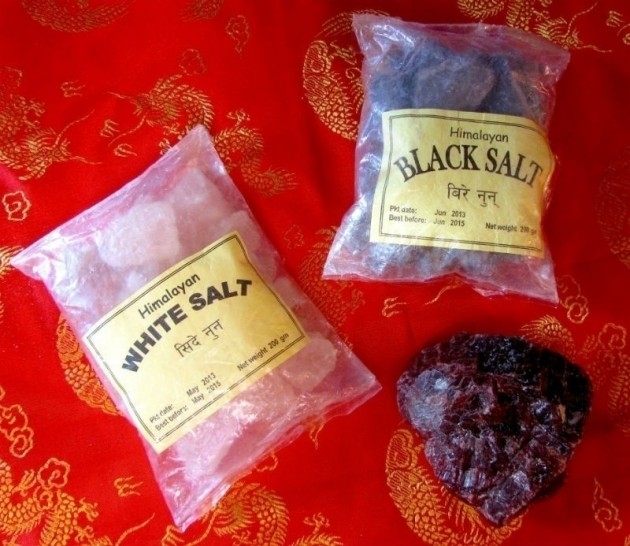Current medical management of Meniere's syndrome includes use of prescription diuretics to relieve excess fluid within the inner ear. Potassium should be prescribed with them as diuretics can radically deplete the body
of this important mineral.
Contributing Factors
- Poor Diet/Stress - Many nutritionally oriented physicians believe that Meniere's patients lack B vitamins. This is not uncommon; stress, general lifestyle, poor diet, and the environment can deplete B vitamins.
- Food Sensitivities (especially Salicylates) - Should be accessed in inner ear dysfunction management.
- Antibiotic Use - Adding acidophilus to the diet is recommended to increase the intestines' capability of digesting these nutrients properly. It has been speculated that episodes of Meniere's syndrome may occur after the sufferer has ingested large quantities of antibiotics. Antibiotics disrupt the beneficial intestinal bacteria.
- Hyperlipidemia - Impaired blood flow to the brain from clogged arteries and poor circulation may be a cause
- Lead/Aluminum Toxicity may indirectly affect the ear by causing malfunction in the brain and/or sympathetic nervous system
Dietary Suggestions
- FirstLine® Therapy Diet
- Avoid Caffeine - Caffeine has been shown to be an irritant in this condition, especially in the form of coffee.
- Avoid Alcohol and Tobacco - These substances have been shown to be especially unhealthy in this condition.
- Avoid Sugar - Sugar is said to cause inner ear dysfunction by promoting dysglycemia and consequent adrenaline release, which in turn causes vasoconstriction.
Suggested Nutritional Supplementation
- Wellness EssentialsTM Cardiovascular Health - 1-2 packets daily
Optimal daily nutrition in easy-to-use daily packets which provide a special combination of nutrients that
uniquely support healthy physiology, anatomy and reduce risk to cardiovascular disease.
- CoQ10 ST 100 - 1 softgel three times daily
Stabilized, Highly Absorbable Coenzyme Q10 with Natural Vitamin E
According to a German study published in Otolaryngol Head Neck Surg. 2007 Jan; 136(1):72-7, "For
a Subgroup of people CoQ10 may provide relief from the symptoms of tinnitus." The test group was administered 100mg. of CoQ10 three times daily for 12 weeks.
- Gingko-Rose - 2 tablets daily in-between meals
A Gingko/Rosemary combination designed for improved circulation and healthy brain function. Promotes
mental clarity and may improve tinnitus.
If a history of antibiotic use:
- Ultra Flora IB - 1 capsule daily with food. (minimum of 2 bottles)
Ultra Flora IB is an enhanced potency probiotic formula designed to help relieve bowel irritation and related functional discomforts by promoting a healthy balance of intestinal microflora.
If on prescription diuretics:
- MG/K Aspartate - 2 tablets daily with food
Magnesium and Potassium combination designed to optimally replace lost potassium levels.
If Vertigo is a complicating factor:
- D-29 - 10 to 15 drops under the tongue (hold for 15-20 seconds and then swallow) three times a day.
In acute conditions 5 to 10 drops under the tongue every 20-30 minutes. Homeopathic formula designed specifically for Vertigo.






